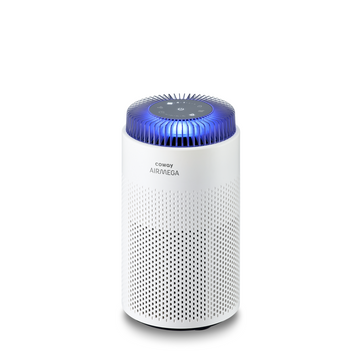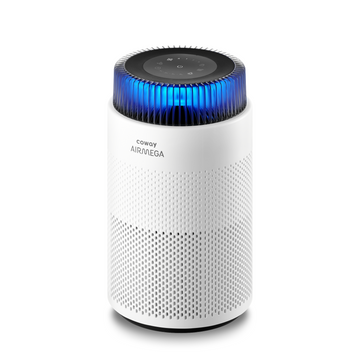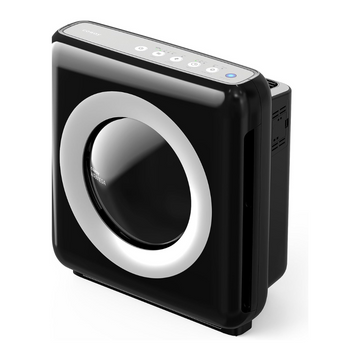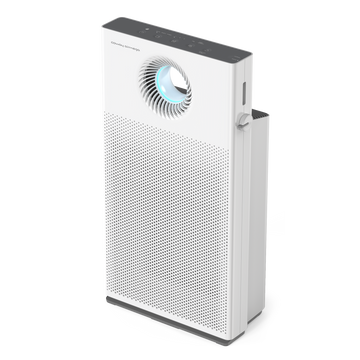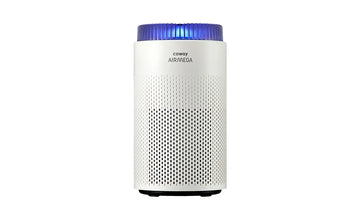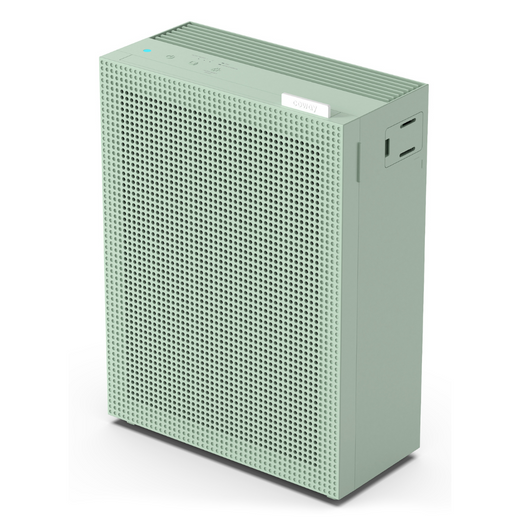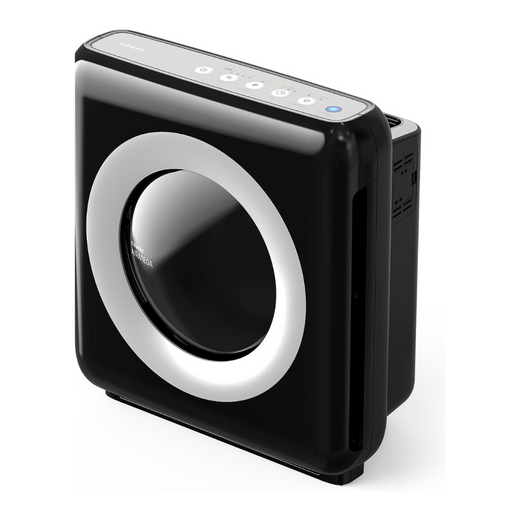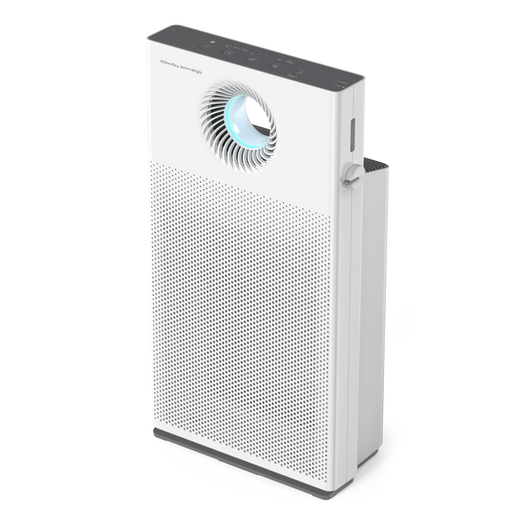September in Britain brings crisp air, colourful parks and the comfort of cosy evenings indoors. But as windows stay closed and humidity rises, the air inside our homes can change in ways that are not always visible, creating conditions where mould spores thrive. This is where solutions such as Coway’s Airmega air purifiers become invaluable for maintaining clean and healthy indoor air.
Why mould spores increase in autumn
University of Leicester research shows that airborne fungal spores in England, including basidiospores, have a secondary peak in autumn, after a main summer high. Over 13 years of data confirm that many common mould spores remain at elevated levels into the autumn months.
The UK Health Effects of Climate Change Committee (HECC) also reports that environmental conditions, temperature, rainfall and humidity, strongly influence spore concentration and can push counts above alergic or asthma-trigger thresholds.
References: A fungal spore calendar for England: Analysis of 13 years of daily concentrations (PMC), New fungal spore calendar helps allergy and asthma sufferers plan for better health(University of Leicester)
The impact on health
When combined with damp walls, condensation on windows and reduced ventilation, these conditions create the perfect environment for indoor mould growth.
-
September: high spore concentrations, increased risk of allergy flare-ups
-
October: moderate to high levels, potential triggers for asthma and hay fever
-
November: moderate levels, but long-term exposure can weaken the immune system
References: Health Effects of Climate Change(HECC) in the UK: 2023 report(UK Health Security Agency), A systematic review of outdoor airborne fungal spore seasonality across Europe and the implications for health(PMC),
How to reduce mould spores indoors
The good news is that there are practical ways to manage autumn dampness and improve indoor air quality:

01 Control humidity: Keep rooms warmer than 15°C, use dehumidifiers or extractor fans where needed.
02 Ventilate effectively: Short bursts of fresh air after rainfall are more effective than leaving windows open for hours.
03 Clean hidden areas: Pay attention to window frames, bathrooms, behind furniture and corners where condensation builds.
04 Adjust daily habits: Avoid drying clothes indoors and always use fans while cooking or showering.
Alongside these daily habits, many households also choose to use Coway Airmega purifiers as a reliable extra layer of protection.
Common questions
Q: Do I need to ventilate on rainy days?
A: Yes. Even a quick five to ten minutes once the rain eases can refresh indoor air.
Q: Can spores be eliminated completely?
A: Not entirely, but humidity control and air purification can reduce them to safe levels.
Q: Can I use a dehumidifier with an air purifier?
A: Absolutely. They complement each other, creating a cleaner and drier indoor environment.
Why a Coway Airmega purifier makes all the difference
While seasonal cleaning and ventilation are essential, a Coway Airmega air purifier offers extra protection against spores and allergens:
-
HEPA filters trap mould spores, pollen and ultra-fine particles
-
Activated carbon filters reduce the musty smell of damp and mould
-
Smart sensors automatically detect rising spore levels
-
Whisper-quiet operation ensures clean air both day and night
Tip: In early autumn, when outdoor air is limited, keeping your Airmega running continuously is one of the most effective ways to reduce spore exposure.
Check out more Coway Airmega air purifiers and find which one best suits your home.
Autumn should be a season of comfort, not concern. By managing humidity, ventilating wisely and using an effective purifier like the Coway Airmega, you can keep indoor mould spores under control. The result: fresher air, a healthier home and peace of mind all season long.
